Publications
Articles, publications, books, tools and multimedia features from the U.S. Institute of Peace provide the latest news, analysis, research findings, practitioner guides and reports, all related to the conflict zones and issues that are at the center of the Institute’s work to prevent and reduce violent conflict.
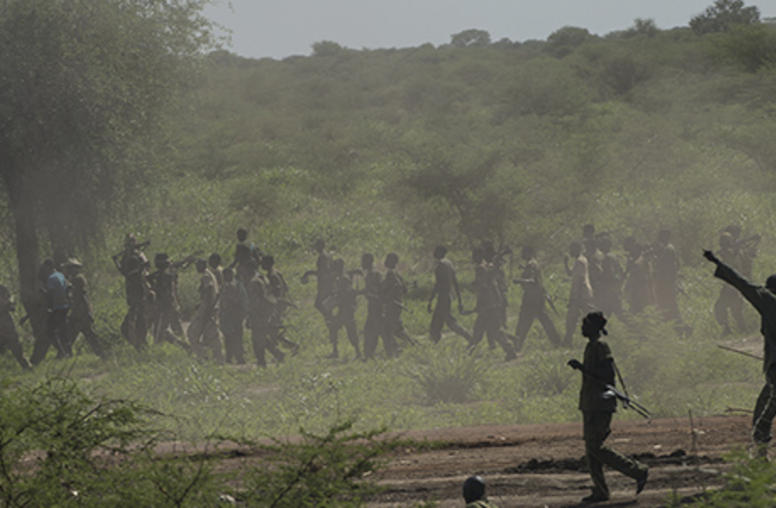
To Save South Sudan, Put it on Life Support
South Sudan marked its fifth anniversary as a state this month not with celebrations but with rival armed factions shooting at each other in the streets of the capital. Several hundred people were killed in less than a week, tens of thousands displaced, and even sacrosanct U.N. camps protecting civilians were attacked. South Sudan ceased to perform even the minimal functions and responsibilities of a sovereign state long ago, and today the likelihood of a larger pogrom and escalating civil war is high.
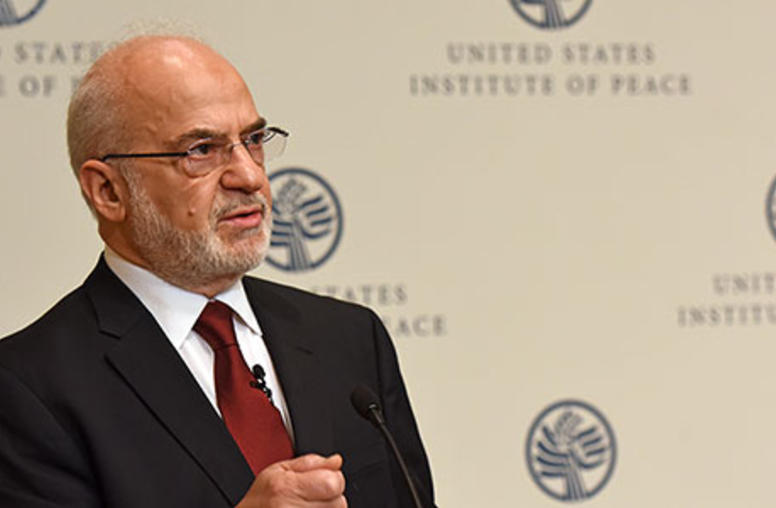
Iraqi Foreign Minister Appeals for Post-ISIS Aid
Iraqi Foreign Minister Ibrahim al-Jaafari and U.S. envoy Brett McGurk today emphasized the urgency of planning and financing Iraq’s recovery from the ISIS onslaught as areas the extremist group had controlled are recaptured more quickly than expected. The two spoke at the U.S. Institute of Peace in advance of an international conference of donors to Iraq convening in Washington tomorrow and a meeting the following day of the global coalition backing the fight.
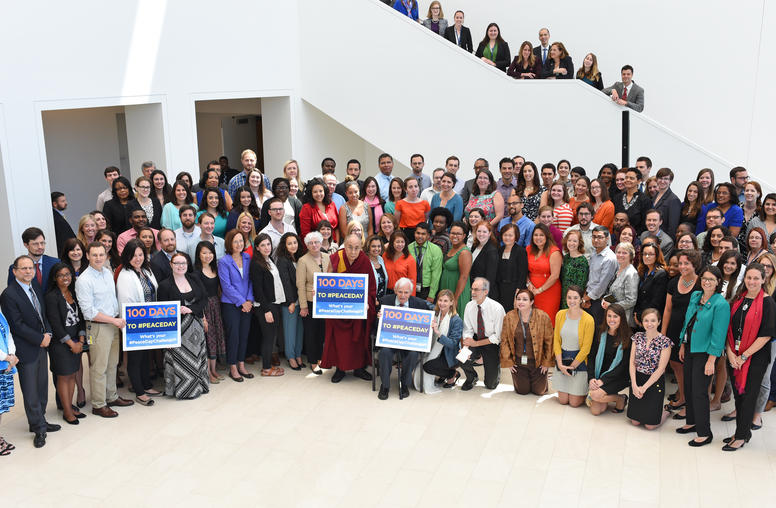
To Build Peace, Take Action: Peace Day Challenge 2016
His Holiness the Dalai Lama made a powerful point during a visit to USIP last month, a day after the Orlando nightclub shooting that killed 49 people and wounded 53. After leading the audience in a moment of silence for the victims and survivors, he noted his own skepticism about the power of prayer alone. “The real effect,” he said, “comes through … serious action.”
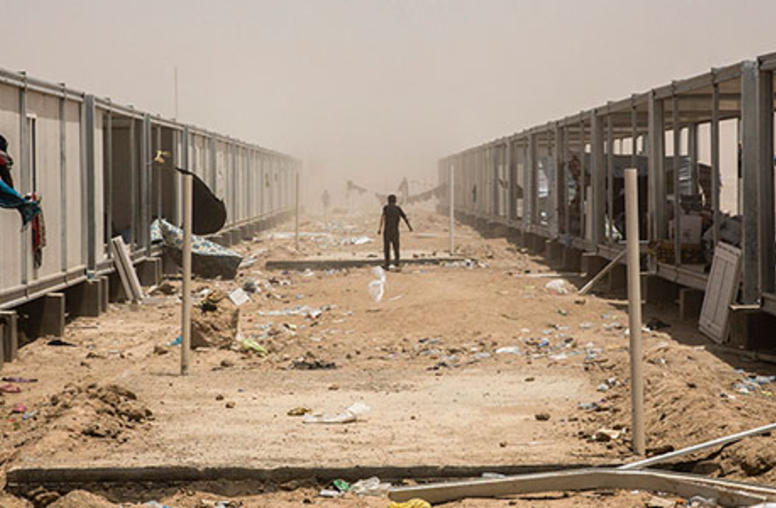
For Iraq’s ISIS Targets, Urgent Need for Aid and Security
The recent U.S. designation of genocide to describe the ISIS extremist group’s killings and persecution of minorities as well as Shia Muslims in Iraq and Syria highlighted the long history of oppression of religious and ethnic groups and the questions looming about whether religious minorities especially can survive in the region, according to USIP Senior Program Officer Sarhang Hamasaeed.
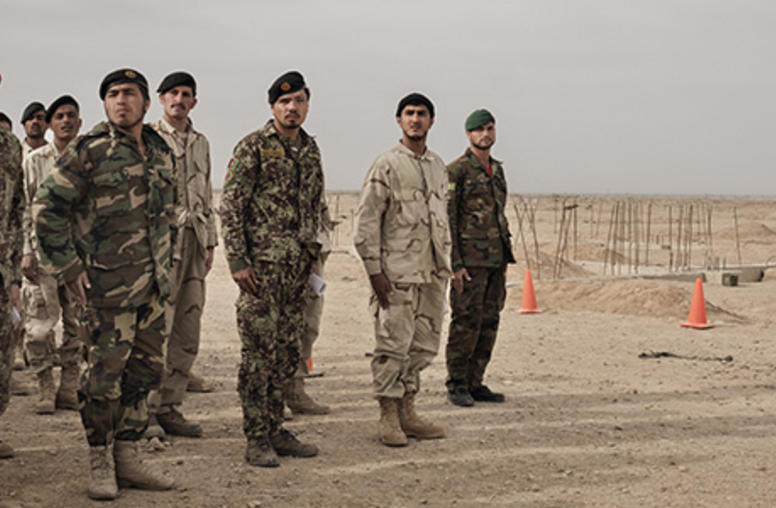
Q&A: Obama’s Troop Decision and Afghanistan’s Stability
Today, President Obama announced that he would extend the presence of roughly 8,400 U.S. troops in Afghanistan through the end of his term in January 2017, revising previous plans to cut force levels to around 5,500 soldiers at the end of the year. Afghanistan will be among the top issues for the NATO Summit of leaders in Warsaw, taking place later this week on July 8-9. USIP Vice President for Asia Programs Andrew Wilder, who recently returned from Afghanistan, discusses the issue of troop n...
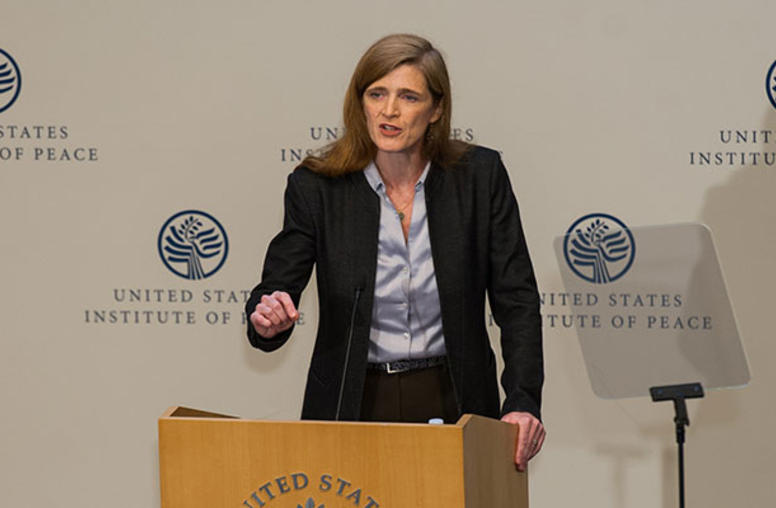
Refugee Crisis Threatens Global Stability, Power Says
United Nations Ambassador Samantha Power called on the international community—including the American public—to step up its response to the greatest refugee crisis since World War II, saying that failure to act may destabilize fragile states, strengthen organized crime and bolster the arguments of violent extremists that the West is at war with Islam.
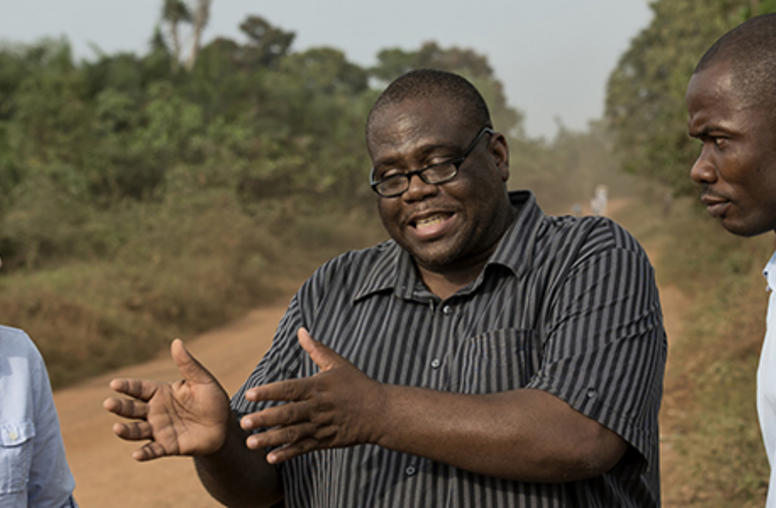
How to Cut Danger—And Accept Risk—in Civilian Missions
The U.S. State Department, searching for the balance between carrying out its missions overseas and minimizing the risk in high-threat environments, has rolled out an array of programs and policies to help diplomats and aid workers in high-threat environments, Deputy Secretary of State Heather Higginbottom said at the U.S. Institute of Peace. She spoke last week, before today’s release of a congressional report from a probe of the 2012 attacks in Benghazi, Libya, that killed four American civ...
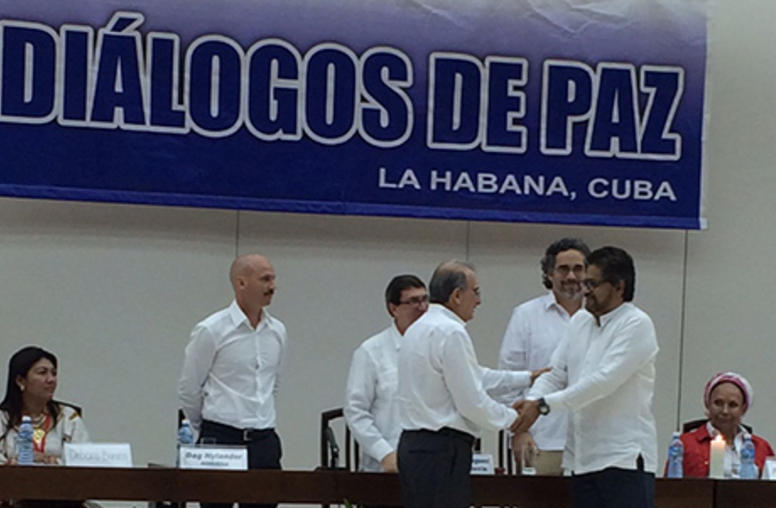
Q&A: Colombia Cease-Fire Accord Marks Historic Turn
More than a half-century of internal warfare in Colombia is on the brink of a peaceful resolution after four years of talks that suggest how other seemingly intractable conflicts in the world also might be brought to an end. With the announcement yesterday of a ceasefire between the government and the Revolutionary Armed Forces of Colombia (FARC-EP), the adversaries in one of the world’s oldest guerilla insurgencies disclosed new agreements on the two major issues that were holding up a final...
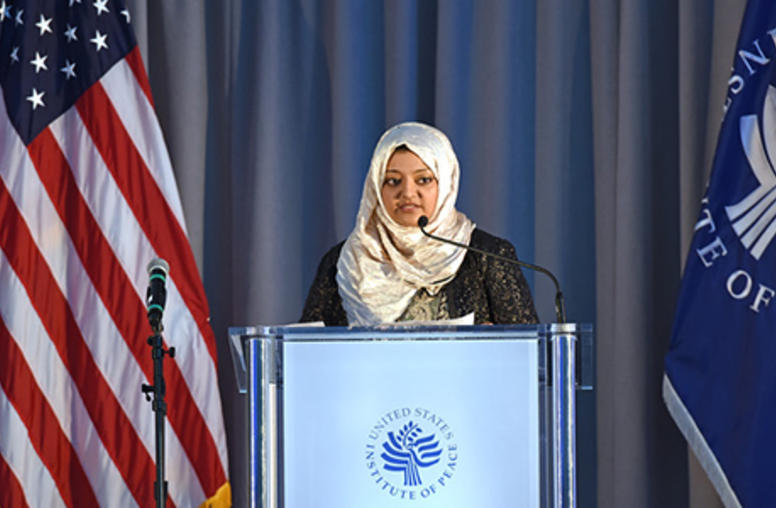
USIP Iftar: Don’t Just Tolerate Diversity, Embrace It
The traditional Muslim call to prayer echoed across USIP’s atrium yesterday evening as the institute ushered in its third annual Iftar, marking the breaking of the daily fast during the holy month of Ramadan. But it wasn’t just one imam’s voice. Instead, five Muslim clerics and a poetry reader from six traditions—Senegalese, Syrian, Pakistani, Iranian, Turkish and Moroccan—represented the theme of the event: The Islamic Mosaic.
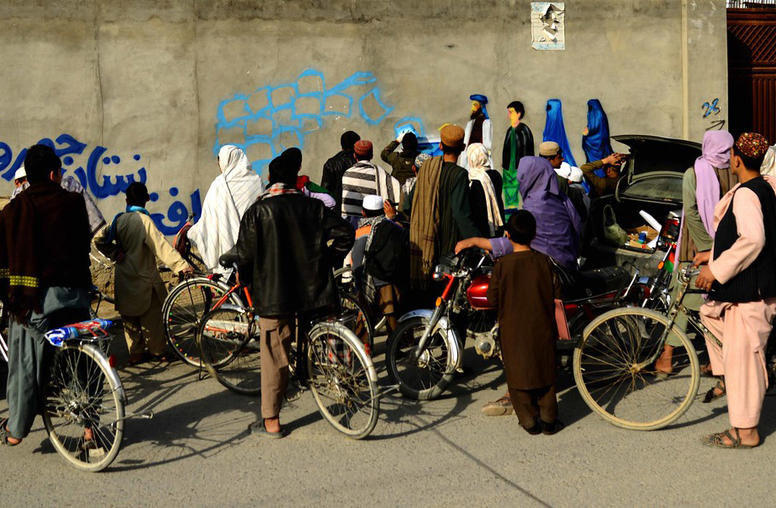
Gauging What Works and What Doesn’t in Peacebuilding
Those of us who work in peacebuilding are constantly reminded that the challenges we confront are big and the resources we command are small. So there is both a practical and an ethical obligation to use those resources wisely and be certain of their value. Toward that end, a little over four years ago, USIP asked me to become the organization’s first director of learning and evaluation. At its core, my job description was simple: help the Institute use evidence to do more of what works and less of what doesn’t.